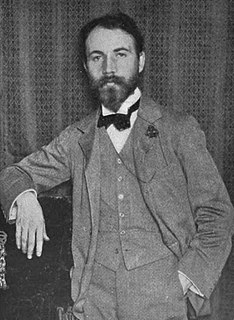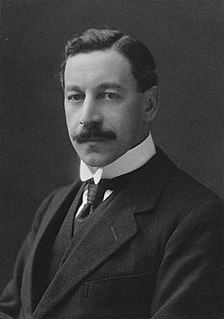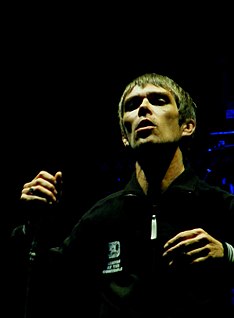A Quote by Lloyd Alexander
Story, finally, is humanity's autobiography.
Quote Topics
Related Quotes
Most people who read the autobiography perceive the narrative as a story that now millions of people know, and it was - it's a story of human transformation, the powerful epiphany, Malcolm's X journey to Mecca, his renunciation of the Nation of Islam's racial separatism, his embrace of universal humanity, of humanism that was articulated through Sunni Islam. Well, that's the story everybody knows.
If one loves stories, then one would naturally love the story of the story. Or the story behind the story, pick your preposition. It does seem to me to be a kind of animal impulse almost, a mammalian curiosity. For a reader to wonder about the autobiography in a fiction may be completely unavoidable and in fact may speak to the success of a particular narrative, though it may also speak to its failure.
I'm fascinated by the period that goes from the Industrial Revolution to right after World War II. There's something about that period that's epic and tragic. There's a point after the industrial period where it seems like humanity's finally going to make it right. There were advances in medicine and technology and education. People are going to be able to live longer lives; literacy is starting to spread. It seemed like finally, after centuries of toiling and misery, that humanity was going to get to a better stage. And then what happens is precisely the contrary. Humanity betrays itself.
To me, as a director and an actor, that's the main thing. "What's the heart of this story? What's the humanity of this story? And if the movie doesn't have it, then why am I watching it?" Even if it's a silly comedy, like Superbad or Knocked Up - Judd Apatow, I love, because he's all about heart. The humor comes out of the humanity.
The autobiographer looks at life through the lens of his or her own life and really uses herself or himself as the jumping-off place to examine the social mores and the economic and political climates. In a way, the autobiography becomes history as well as the story of one person, for it becomes the story of a family or the story of the state or nation.






































